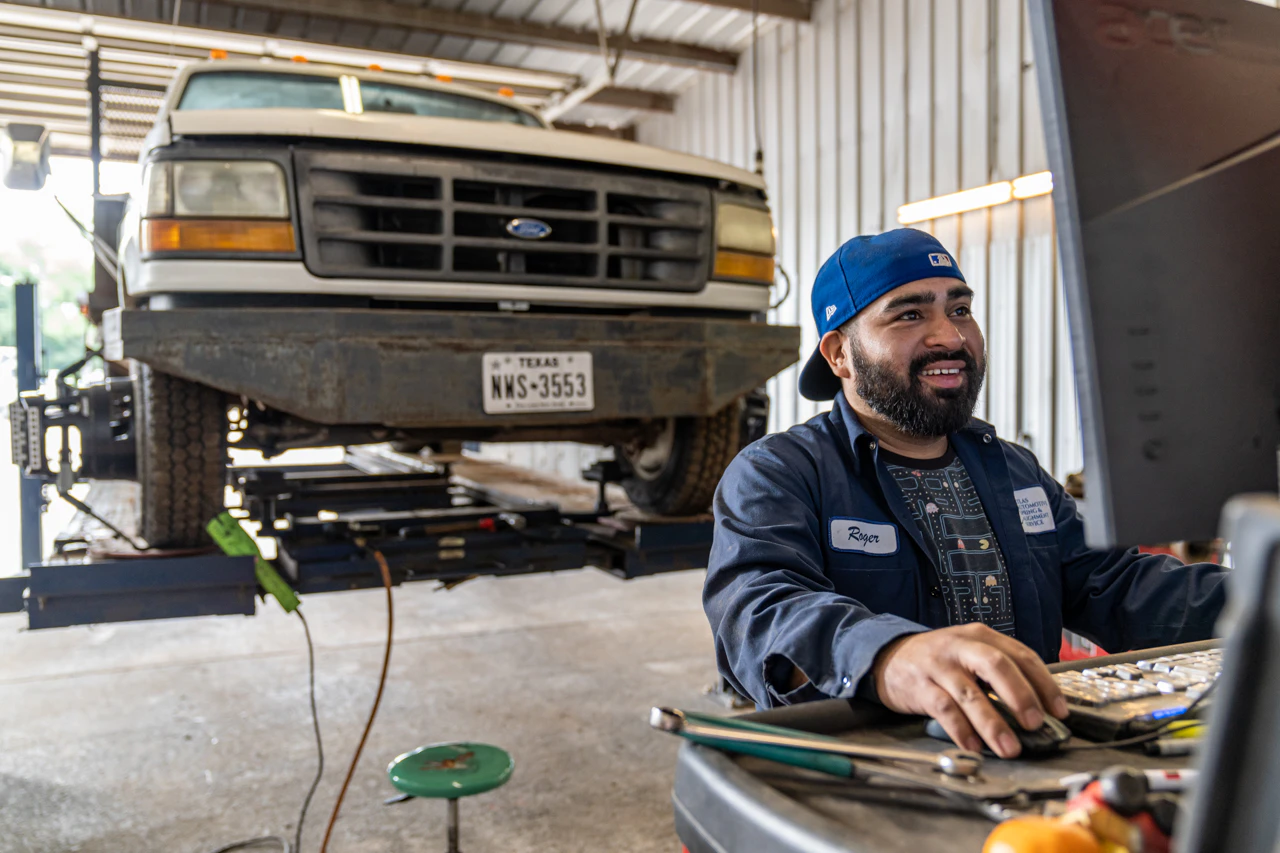A disciplined PM schedule is one of the simplest ways to lower the total cost of ownership over a truck’s life. It's not just about ticking boxes on a checklist but about protecting your equipment, keeping operations smooth, and avoiding surprise breakdowns that leave you stranded on the shoulder—or worse, out of service. Let's break down what every truck owner should know about this crucial part of truck ownership.
It’s Not Just About Oil Changes
When most people think of truck maintenance, they picture oil changes and tire rotations. While those are important, true preventive maintenance goes deeper. It’s a scheduled, system-wide approach to keeping every part of your truck in check—before problems arise.
We're talking about inspecting and replacing wear components, checking fluid conditions, tightening bolts, and even cleaning aftertreatment systems. It’s about being proactive instead of reactive. A good maintenance plan means fewer surprise repairs and a longer lifespan for your engine, transmission, brakes, and drivetrain.
How Preventive Maintenance Extends Engine Life
Preventive maintenance is one of the most effective ways to keep your engine healthy and extend its lifespan. By catching small issues before they turn into costly failures, PM helps reduce wear and tear while improving fuel efficiency. A shop that prioritizes engine care will keep your truck running stronger, longer, and with fewer surprises on the road.
- Improves fuel efficiency: A well-maintained engine burns cleaner, reducing fuel costs over time.
- Prevents costly breakdowns: Routine inspections catch small issues like injector leaks or worn belts before they cause major damage.
- Protects vital components: Regular service helps safeguard the turbo, cooling system, and aftertreatment parts.
- Boosts reliability: A properly maintained engine is less likely to fail unexpectedly during critical hauls.
- Extends overall lifespan: Proactive care means more miles, more productivity, and a better return on your investment.
PM Schedules Aren’t One-Size-Fits-All
No two trucks run the same, and neither should their maintenance schedules. Your service intervals depend heavily on how and where your rig operates. A truck running local delivery routes in constant stop-and-go traffic will face different wear patterns than one hauling long miles across multiple states. That difference determines how often you should service key systems like the engine, brakes, suspension, and fluids. The smartest approach is tailoring preventive maintenance to your truck’s workload so you’re addressing the right issues at the right time.
The Real Cost of Skipping PM: Downtime, Fines, and Failures
Putting off preventive maintenance is like skipping dentist appointments—everything feels fine until it doesn’t. Skipping inspections or fluid changes might save a few bucks now. Still, it often leads to: Overheating from worn-out coolant or belts
- Brake system failures from ignored air leaks
- Engine damage from degraded oil or clogged filters
- DOT violations from missed inspection points
- Expensive tows and overnight downtime.
Most breakdowns don’t happen out of the blue—they build up over time from neglected wear and missed warning signs.
What a Good Preventive Maintenance Checklist Should Include
Your preventive maintenance checklist should be as thorough as the rig is long, covering every system that keeps you road-ready. A complete plan usually includes engine oil and filter changes, coolant system checks and flushes, and transmission or differential fluid inspections.
It means replacing air and fuel filters, inspecting brakes and adjusting slack adjusters, and keeping tires rotated, properly inflated, and within tread standards. Suspension and steering components need regular attention, as do the lighting, electrical systems, and battery.
Modern trucks also require aftertreatment system diagnostics for DPF, EGR, and DEF components, along with greasing and torque checks on critical bolts. Far from being overkill, this level of detail is the standard for keeping your truck reliable, compliant, and ready to handle the long miles ahead.
The Role of Technology in Modern Preventive Maintenance
Today’s rigs aren’t just mechanical beasts—they’re rolling computers. And the best shops are tapping into that technology to make preventive maintenance smarter. Engine Control Modules (ECMs) collect real-time data on fault codes, idle time, regen cycles, and fuel economy. With that data, shops can predict wear patterns, identify underperforming components, and service your truck more efficiently. It’s no longer just about gut instinct or feel—it’s about facts. Shops like Atlas Truck Repair use this data to spot problems early and customize maintenance to your truck’s needs, not just the calendar.
Let’s Make Downtime a Thing of the Past
Atlas Truck Repair in Austin, TX, believes preventive maintenance is the smartest investment you can make for your rig. Our custom PM programs, detailed inspections, and advanced diagnostic tools help extend your truck’s life and reduce costly surprises. Give us a call and let’s build a plan that keeps your wheels turning and your business moving. For more information, read our article about extending Kenworth's life through maintenance.
%20(1).webp)



.webp)
.webp)
.webp)
.webp)


